Magnistky Act: Who’s on the Foreign Office’s sanctions list?
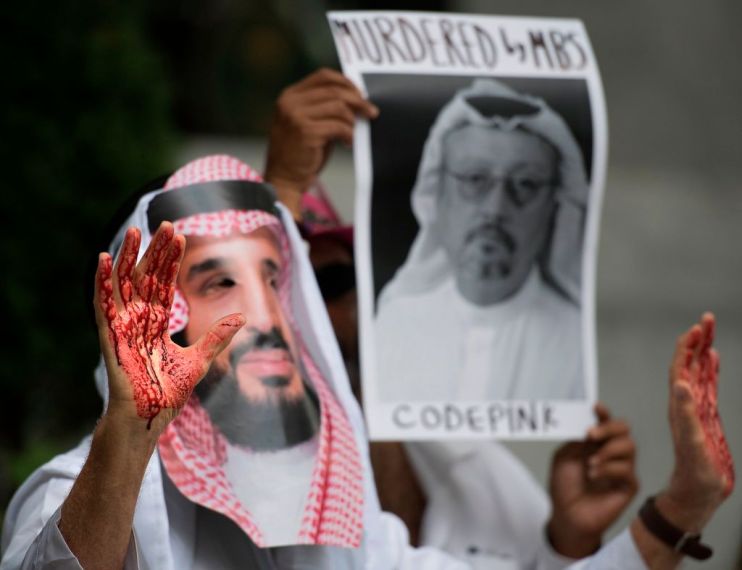
Foreign secretary Dominic Raab yesterday unveiled the first 49 foreign citizens facing sanctions for alleged human rights abuses under the UK’s new Magnitsky Act.
The new sanctions include visa bans and asset freezes on individuals from Russia, North Korea, Saudi Arabia and Myanmar who are suspected of “serious” human rights abuses, including murder, torture, massacre and systematic rape.
The legislation will target 20 Saudi citizens suspected of being involved in the death of journalist Jamal Khashoggi in 2018 and two high-ranking Myanmar generals over violence against the Rohingya people.
It will also place sanctions on two North Korean organisations involved in the “forced labour, torture and murder” in the nation’s gulags, and 25 Russians who are suspected to have played a part in the 2009 death of Sergei Magnitsky, whom the legislation is named after.
Here are the most high-ranking figures included on the list:
Russia
Alexander Bastrykin
The head of Russia’s Investigative Committee, Alexander Bastrykin, is accused of failing to investigate the maltreatment of Magnitsky after he was beaten to death in 2009 under police in custody in Moscow.
Bastrykin is an old university friend of Russian President Vladimir Putin, and his inclusion on the Foreign Office’s sanctions list is likely to infuriate the kremlin.
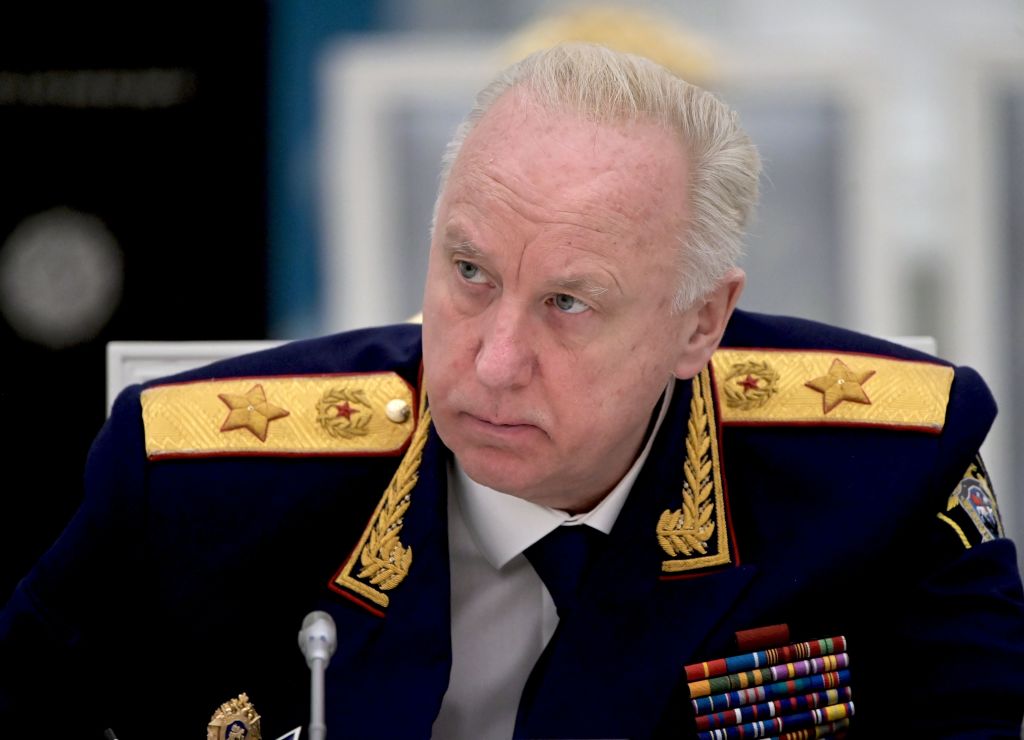
He was appointed chairman of Russia’s newly-formed Investigative Committee in 2007 by Putin, and has remained at the helm for the past 13 years.
Dmitry Muratov, former editor-in-chief of the Russian newspaper Novaya Gazeta, has accused Bastrykin of threatening the life of newspaper editor Sergei Sokolov.
Bastrykin was blacklisted under the US Magnistky Act in 2017, which froze his assets held by American financial institutions and banned his entry to the US.
Dmitry Kratov
Dmitry Kratov was the chief medical officer at Butyrka Prison in Moscow, where Magnitsky was held before being transferred to Matrosskaya Tishina Prison, where he later died.
Kratov was the only person charged over Magnitsky’s death, but was cleared of all wrongdoing by a Russian court in 2012.
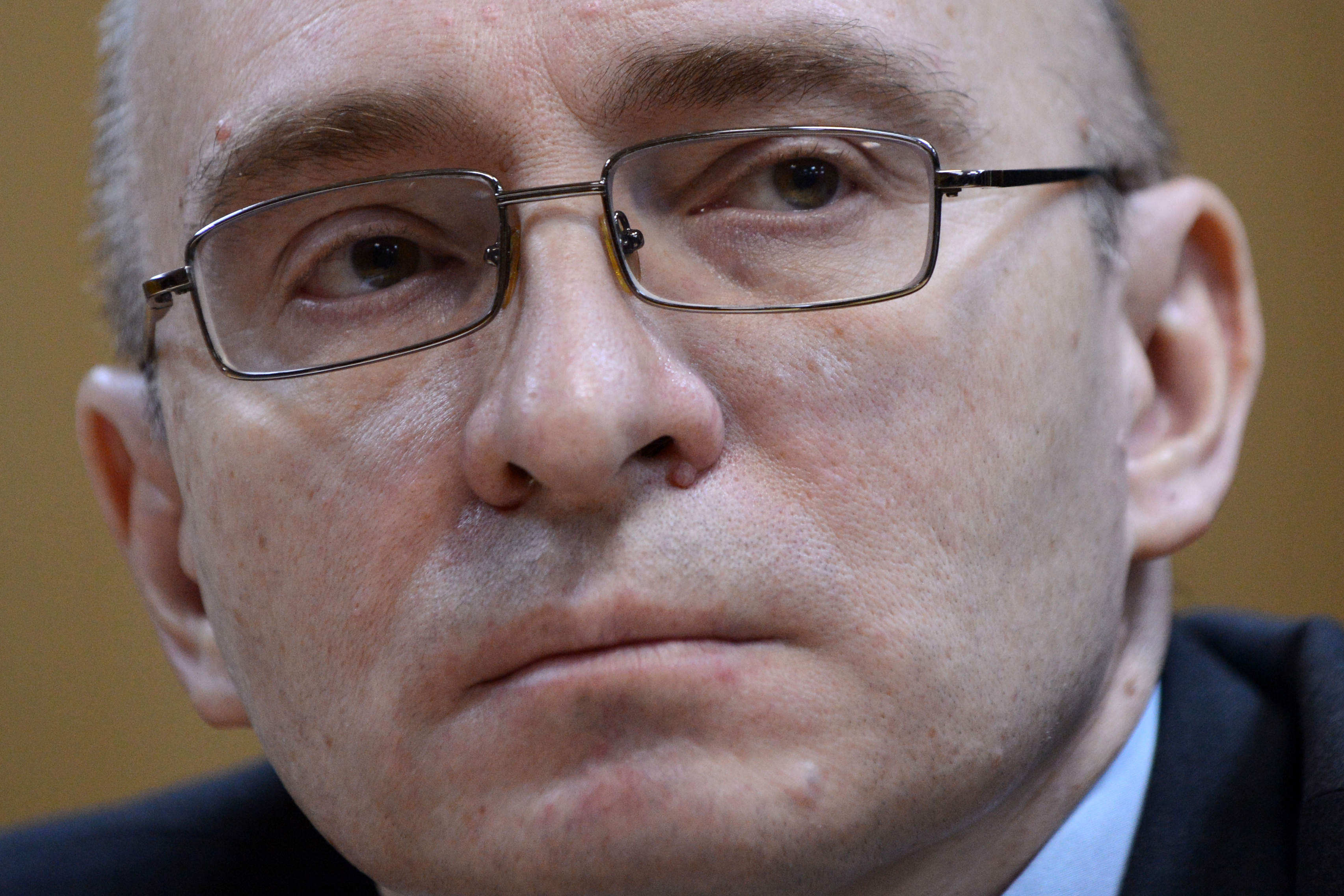
A Moscow judge found Kratov not guilty of negligence, despite the fact that fewer than one per cent of all Russians on trial each year are acquitted.
Oleg Silchenko
Officer Silchenko is a lead investigator within Russia’s Interior Ministry, and was directly in charge of the false arrest, detention and torture of Magnitsky. He also oversaw Magnitsky’s transfer between detention centres, and is said to have prevented his family from speaking to him.
According to US documents, Silchenko issued the order to extend Magnitsky’s imprisonment and deny him medical care two weeks before his death.
He is also said to have played a role in the alleged cover-up, heading up the investigation that led to the exoneration of Russian officials over the fraud.
Saudi Arabia
Saud al-Qahtani
Saudi officials are among the 49 on Raab’s list of foreign citizens subject to sanctions over the killing and dismemberment of dissident journalist Jamal Khashoggi.
Six members of Crown Prince Mohammed bin Salman’s inner sanctum are on the list, including Saud al-Qahtani, bin Salman’s most trusted adviser at the time of Khashoggi’s death.
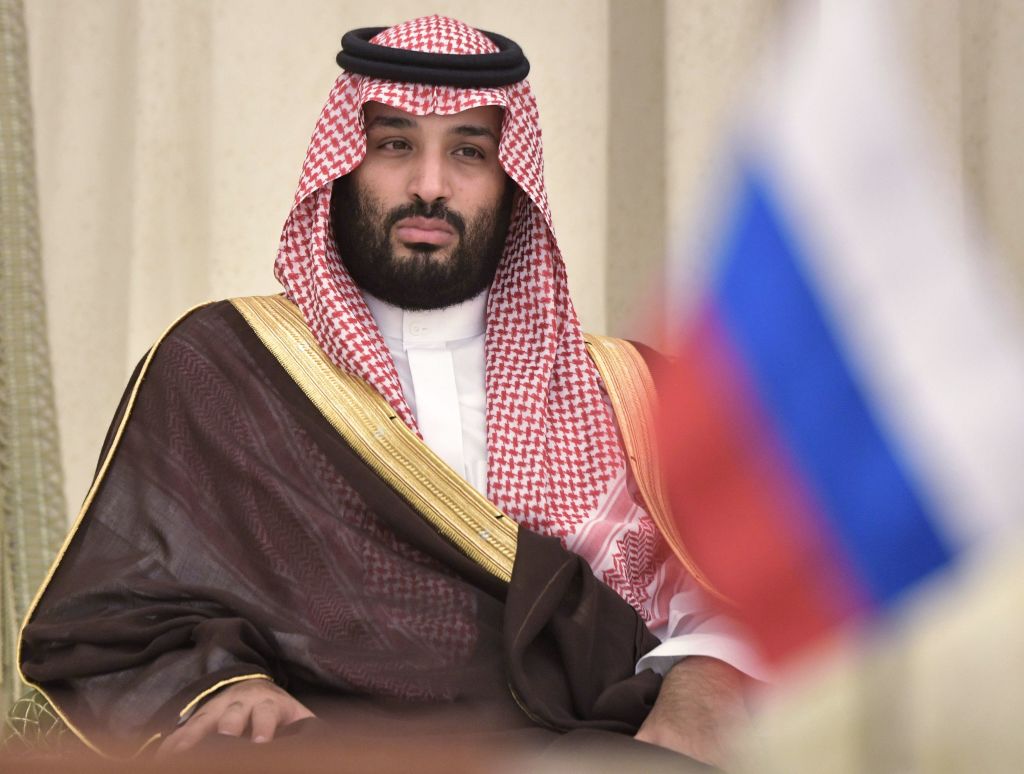
Qahtani was listed as the mastermind of Khashoggi’s death, which involved the journalist being lured to the Saudi consulate in Turkey and executed by a hit squad.
A Saudi court charged five of the defendants in the case to death in December, but Qatani was cleared of all charges. He is also the subject of sanctions under the US Magnitsky Act.
Salah al-Tubaigy
Salah al-Tubaigy is among the hit squad responsible for the death of Khashoggi. The forensic scientist is accused of dismembering Khashoggi in an upstairs room of the Saudi consulate and ordering a clean-up operation to cover his tracks.
Ahmed al-Assiri
Ahmed al-Assiri was the Saudi deputy intelligence chief at the time of Khashoggi’s death.
In October 2018, Saudi daily newspaper al-Waqt quoted close sources as saying that the Crown Prince had assigned Assiri with the mission to execute Khashoggi.
In a high-profile trial over Khashoggi’s death, Assiri was acquitted of all charges by a court in Riyadh over a “lack of evidence”. Eighteen alleged perpetrators were arrested and five high-ranking state employees dismissed, including Assiri.
North Korea
North Korea’s secret police and its law enforcement agency have also been placed under sanctions over widespread human rights violations, including the “forced labour, torture and murder that takes place in North Korea’s gulags”, according to the Foreign Office.
Camp guards and North Korean officials at both the ministry of state security and people’s security are said to have been involved in the “murder, torture and enslavement” of prisonsers.
Kim Jong-ho
Kim Jong-ho is the only named official on the Foreign Office’s list of North Korean individuals facing sanctions. The ministry said his role in human rights abuses has not yet been confirmed, but that he was in charge of the correctional camps.
The Foreign Office has not yet named any other individuals relating to the Pyongyang organisations, however, it said the minister of state security, understood to be Jong Kyong Thank since 2017, is responsible for one of the prison bureaus where the atrocities occurred.
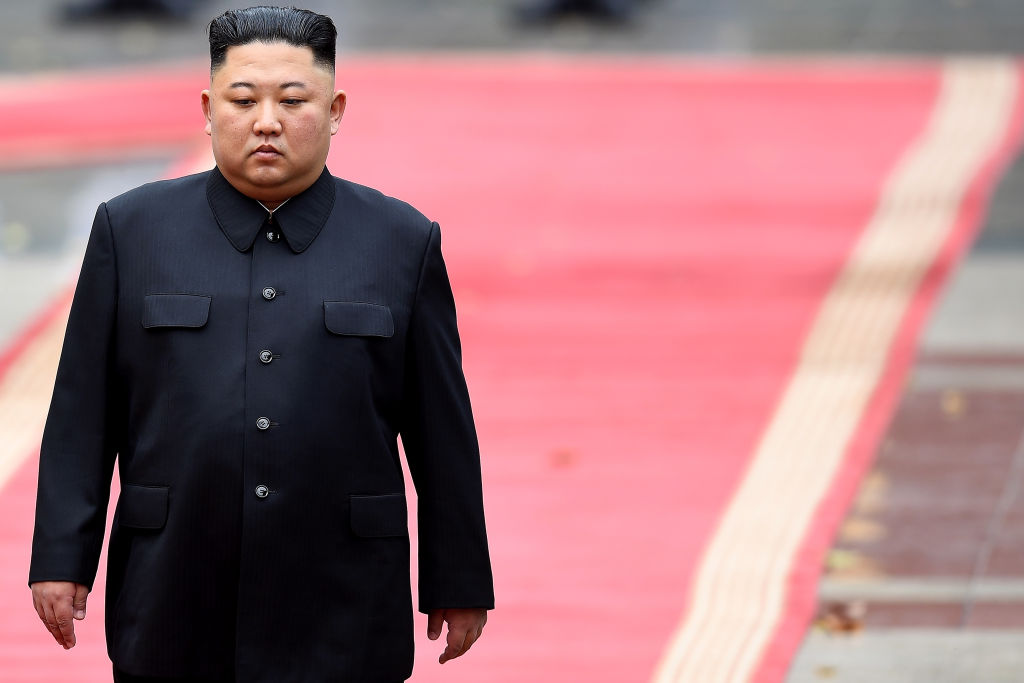
The Foreign Office added that Kim Jong Ho, thought to be the minister of people’s security in North Korea, is understood to be responsible for the wide-scale murders, however North Korean officials have not confirmed if he still holds the position.
Myanmar
Min Aung Hlaing
Min Aung Hlaing is a senior general and head of Myanmar’s military, and is said to have been responsible for the genoicde in 2017 against the country’s Rohingya Muslim popualation in the Rakhine state.
The Foreign Office has accused him of “serious human rights violations” including the “systematic and brutal violence against the Rohingya people and other ethnic minorities”, the burning of Rohingya houses and buildings, massacre, rape and other forms of sexual violence.
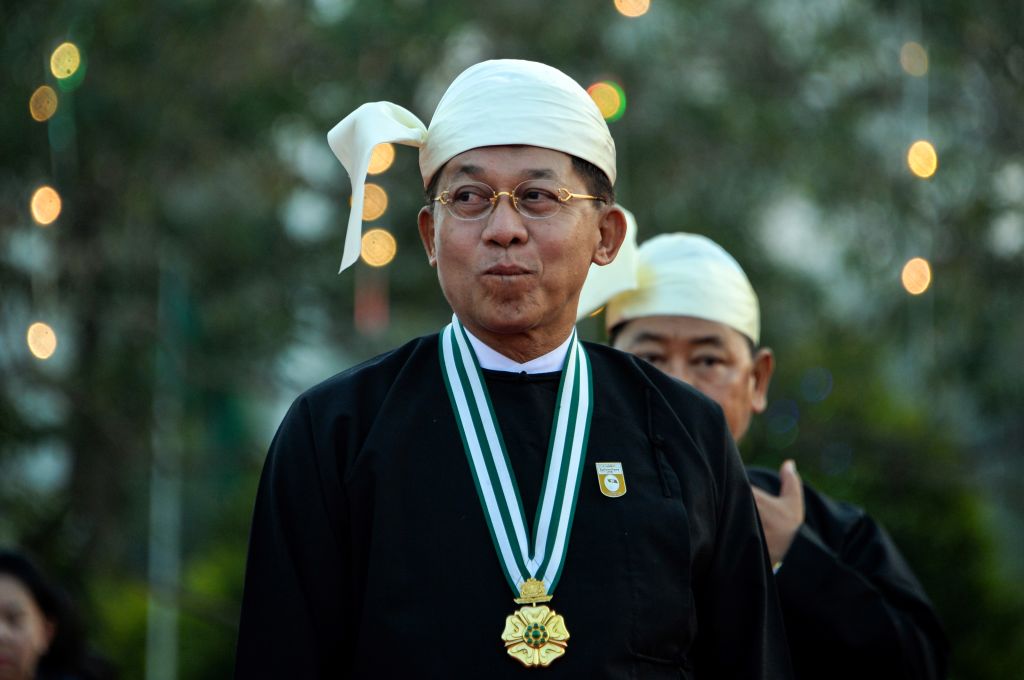
Soe Win
Soe Win is the vice senior general of Myanma’s Tatmadaw military and Aung Hlaing’s second in command.
He is also accused of “serious rights violations” against the Rohingya people, including unlawful killings, torture, forced labour, systematic rape and other forms of targeted sexual violence.
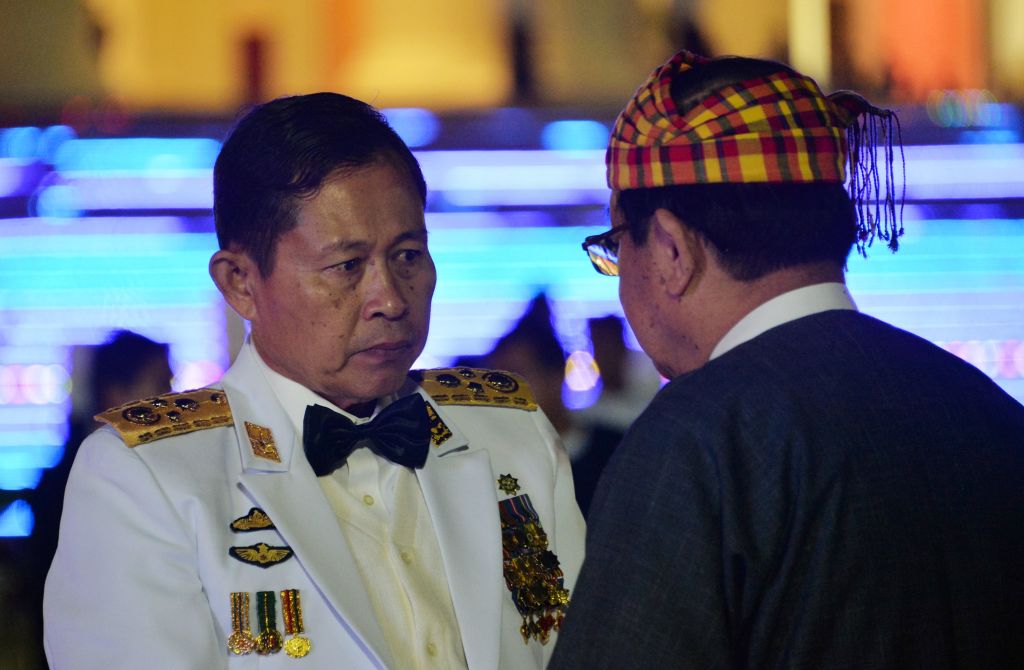
As deputy commander-in-chief of the Tatmadaw and commander-in-chief of the Myanmar army, Win also has responsibility for the serious human rights violations by the Tatmadaw in connection with its business interests in the extractive industries in Myanmar.
He is accused of financing of the Tatmadaw military operations in Rakhine State during which the violations took place, knowing that this financing would contribute to the commission of the human rights violations.
Before the Open: Get the jump on the markets with our early morning newsletter